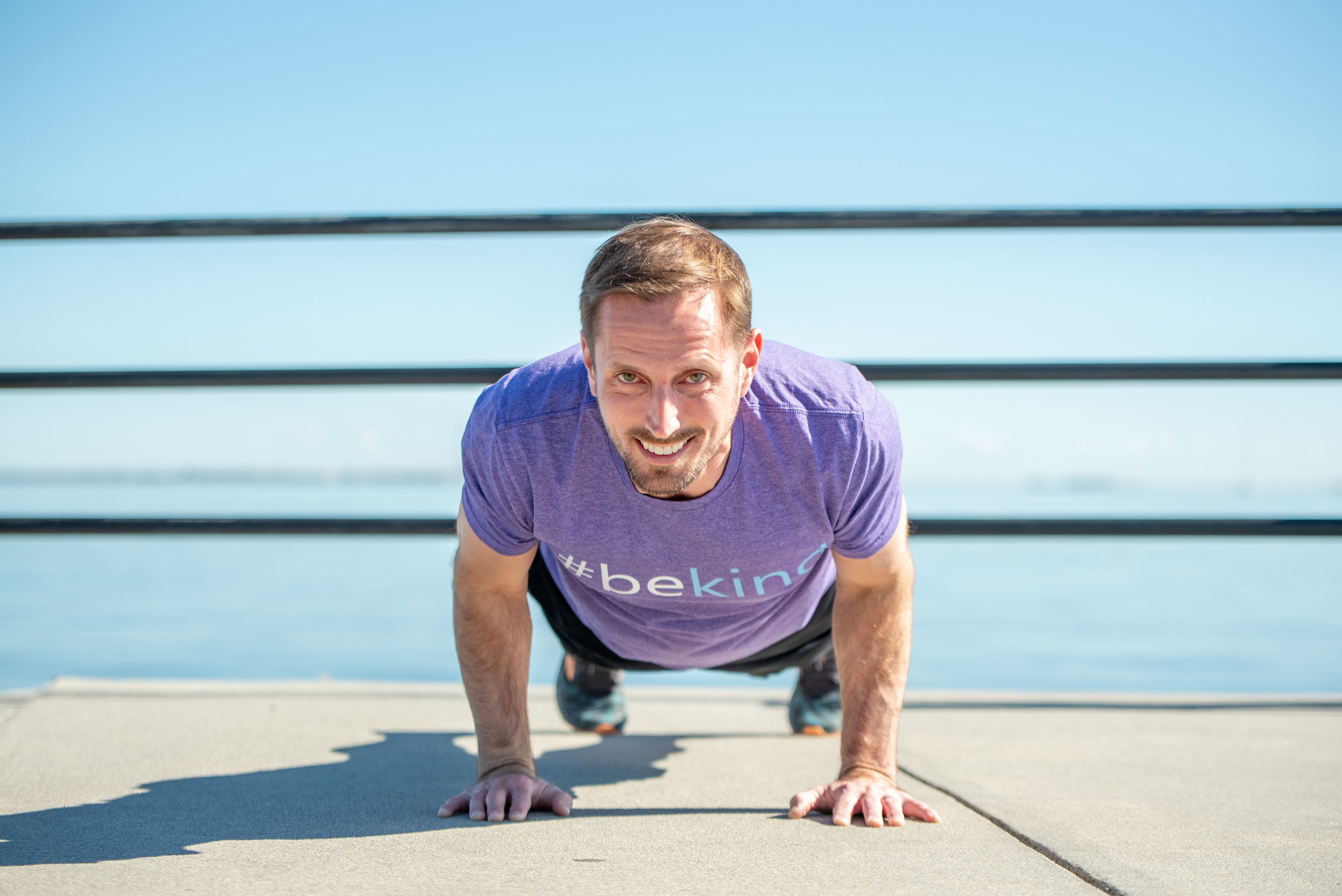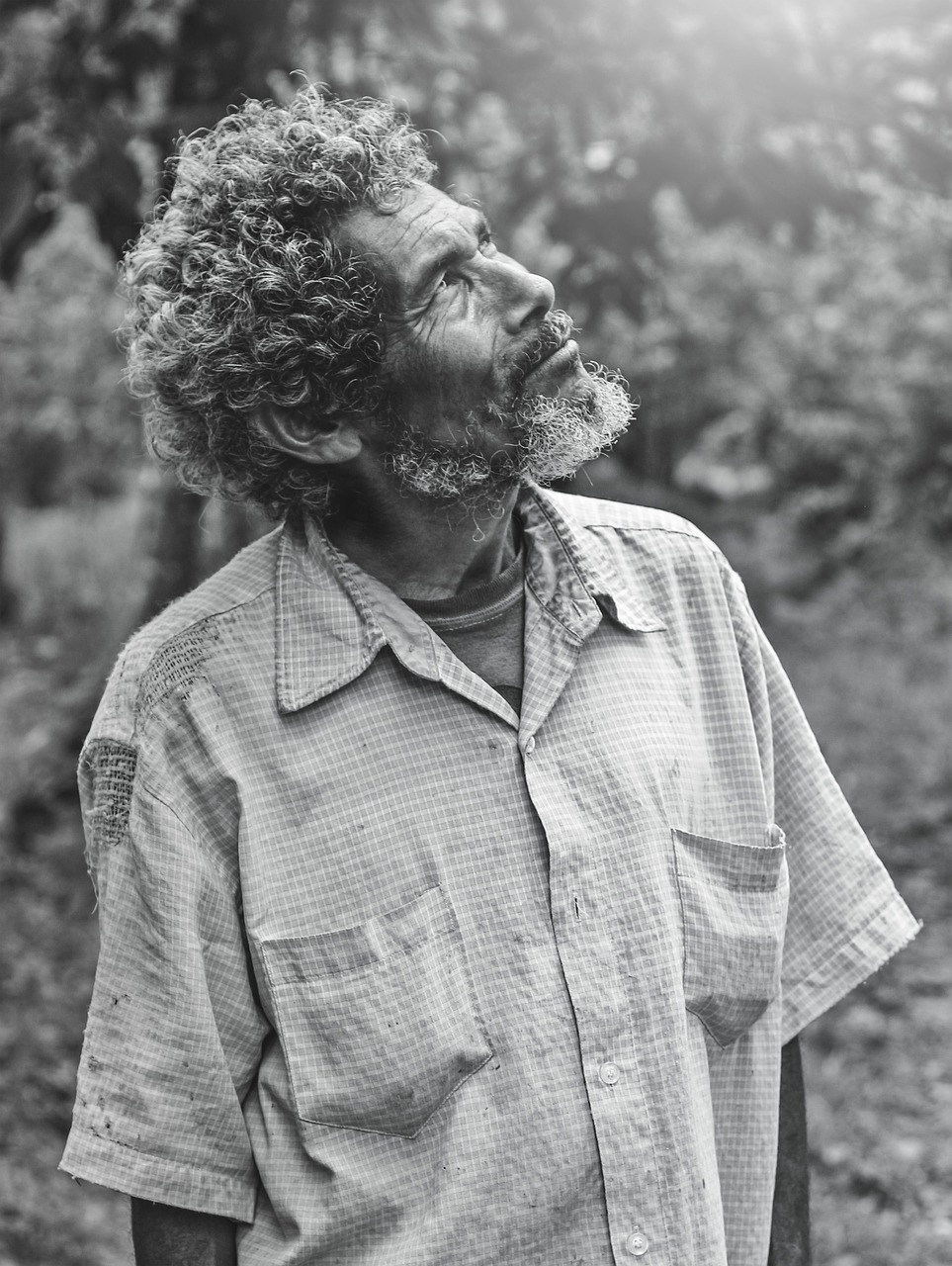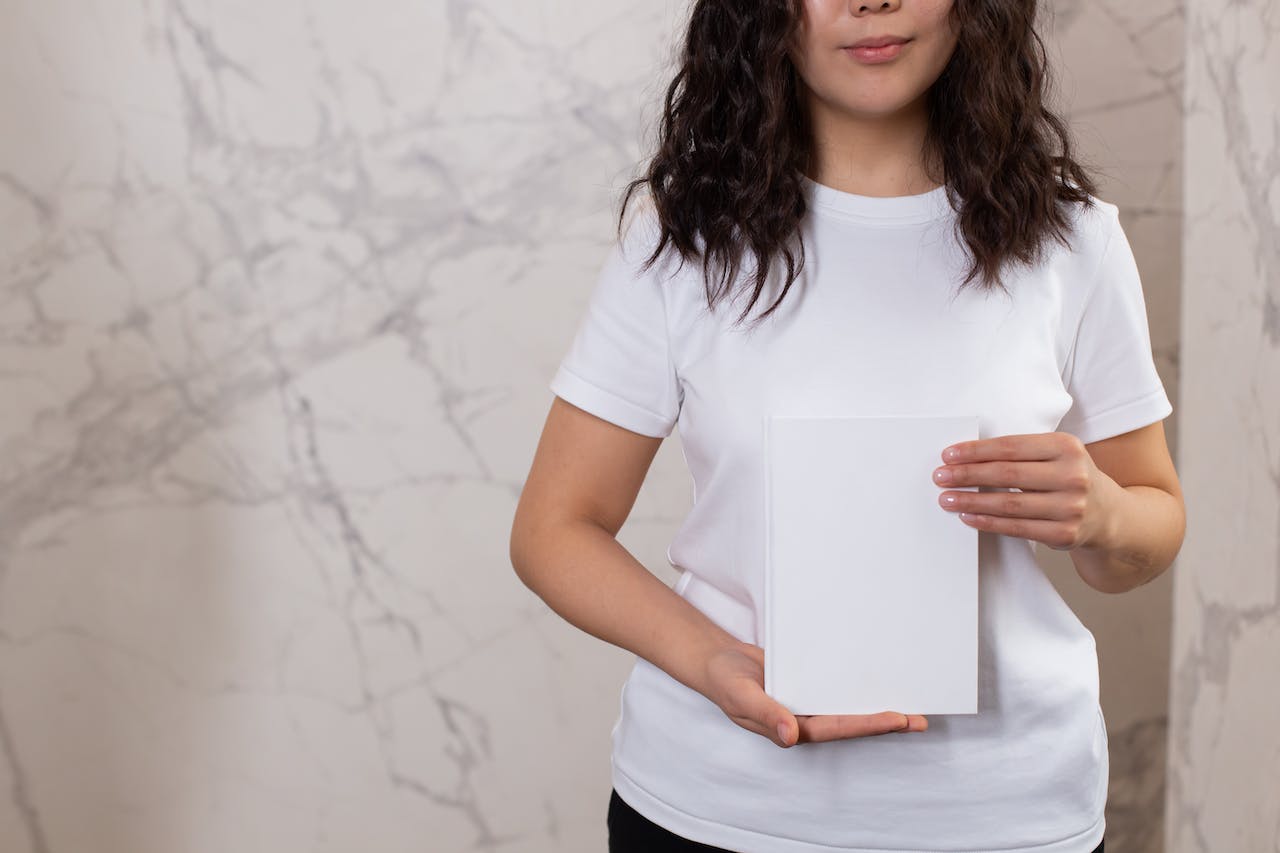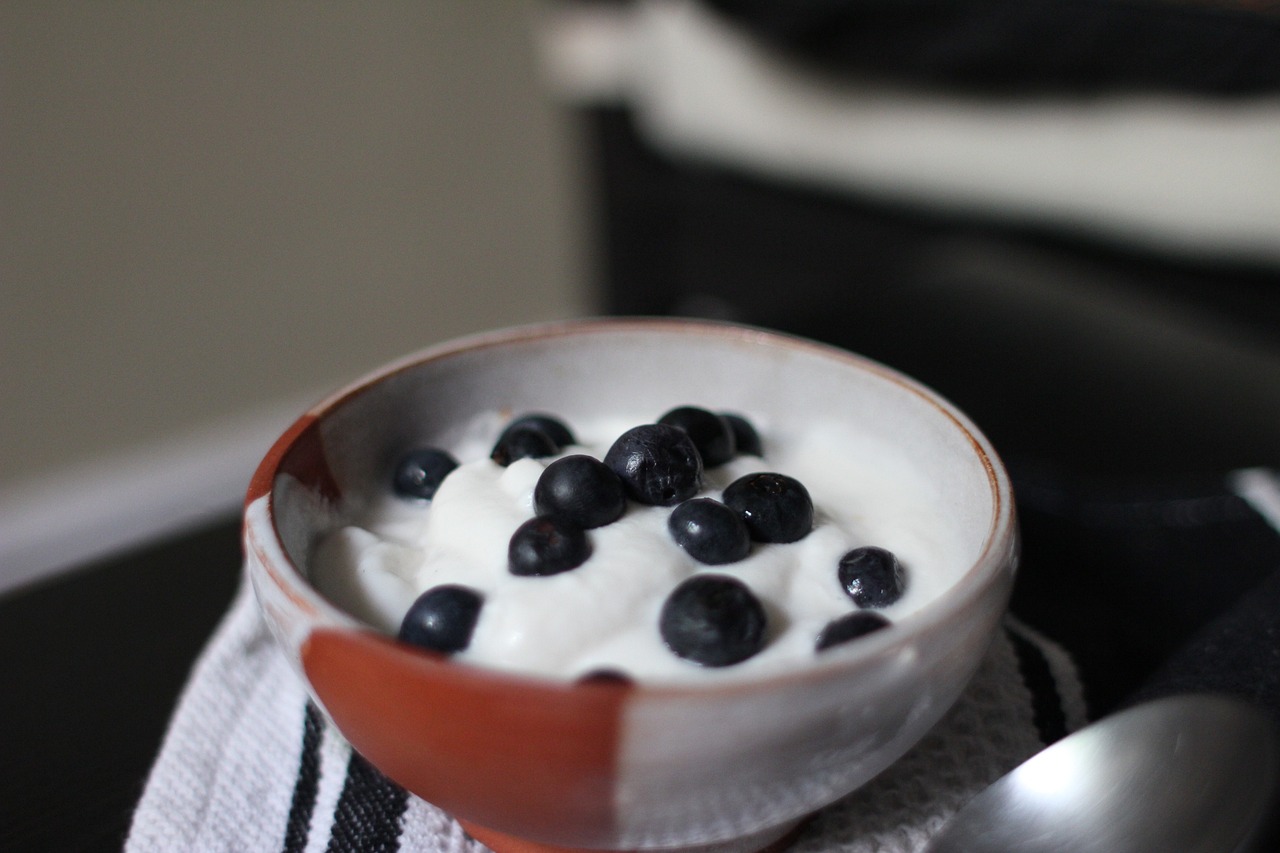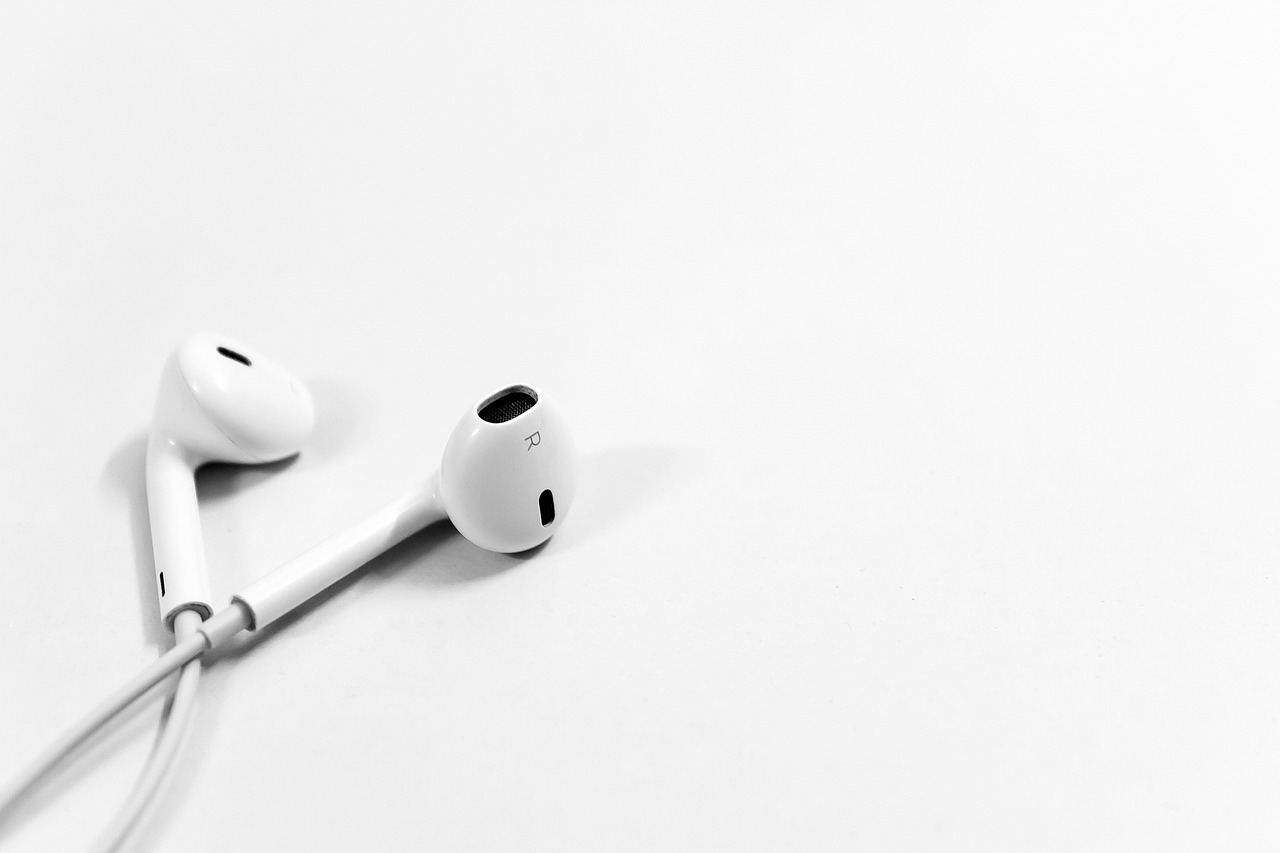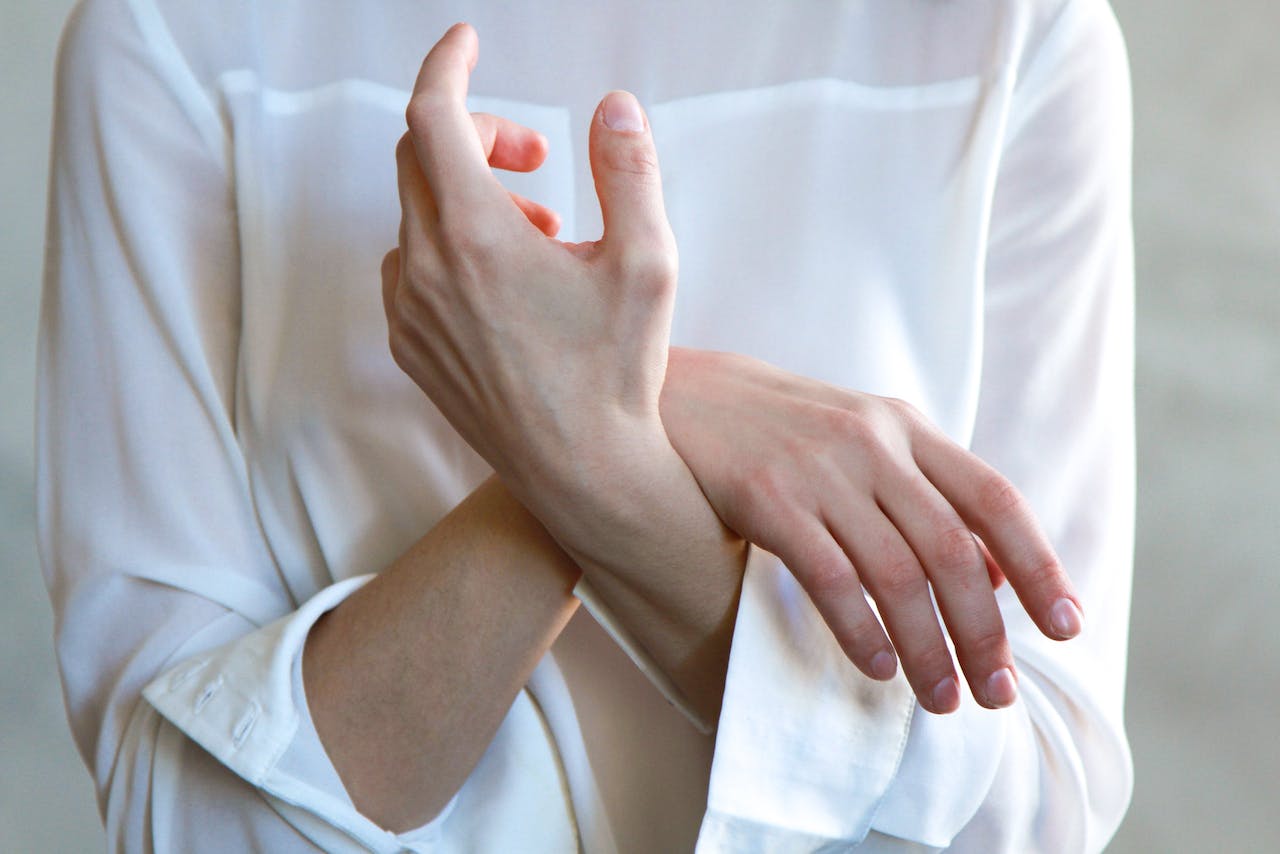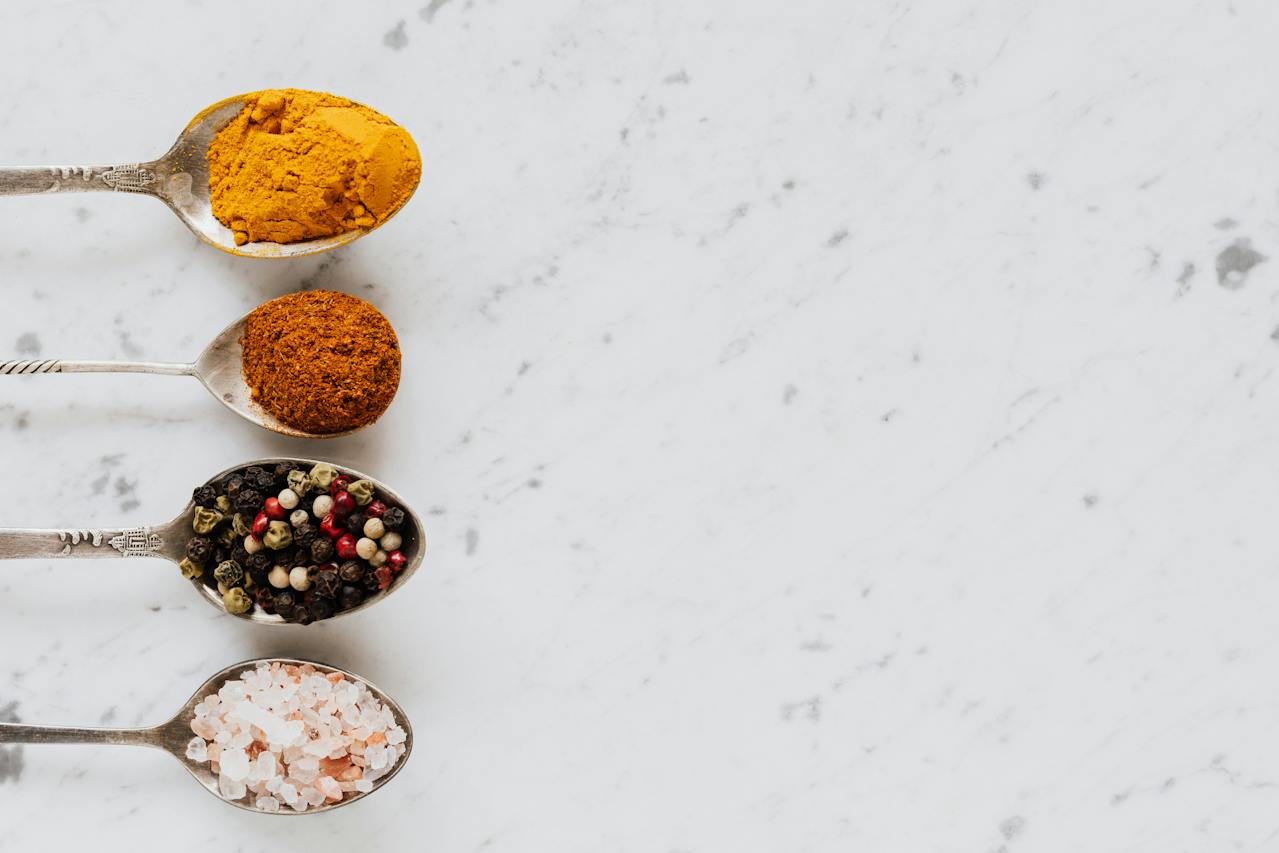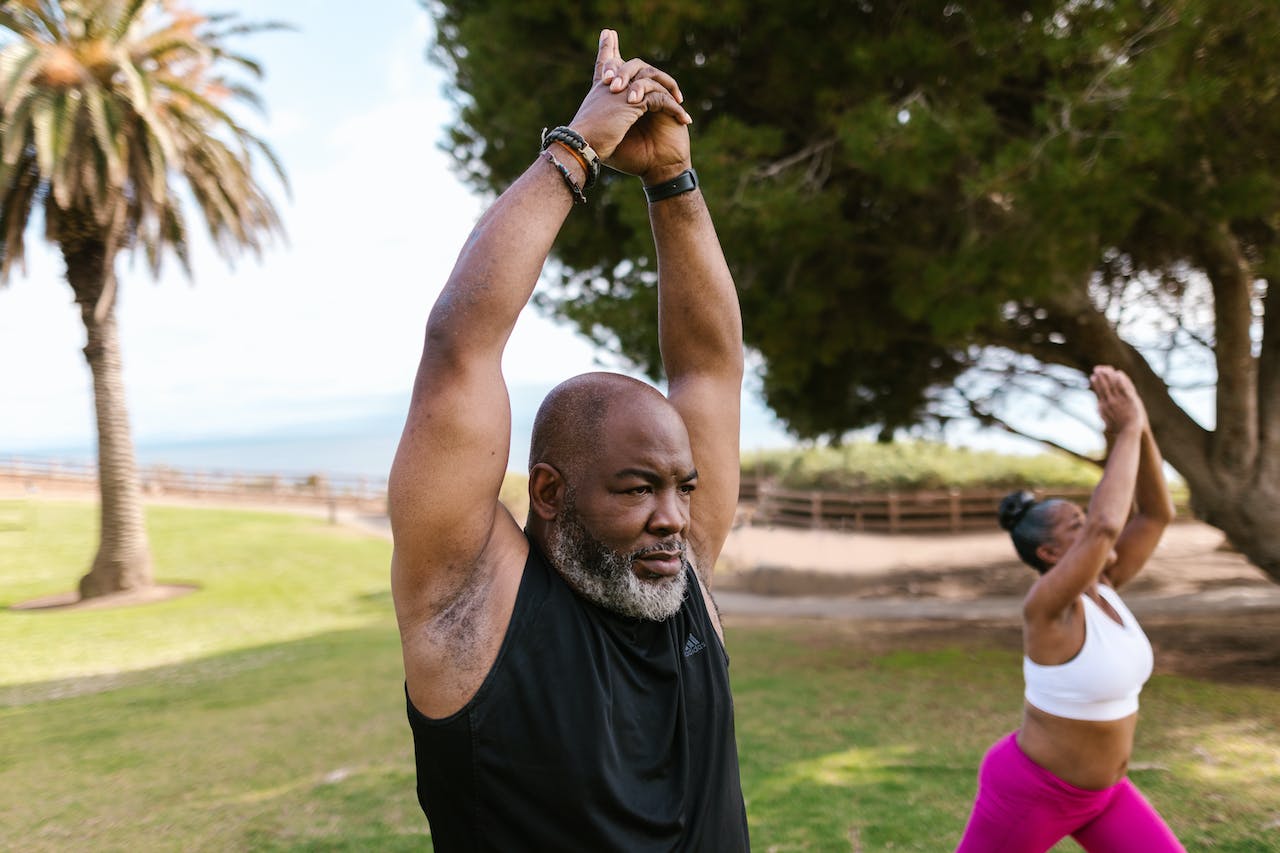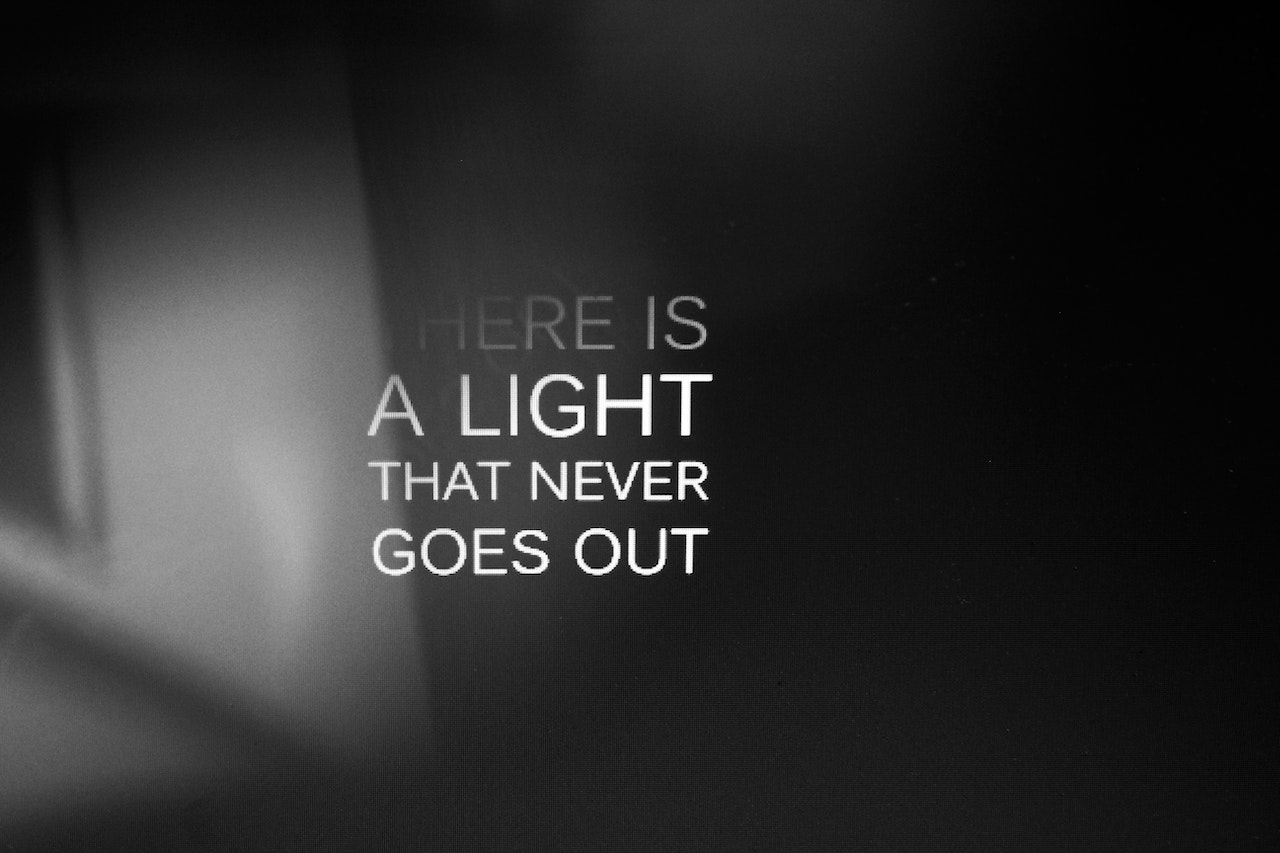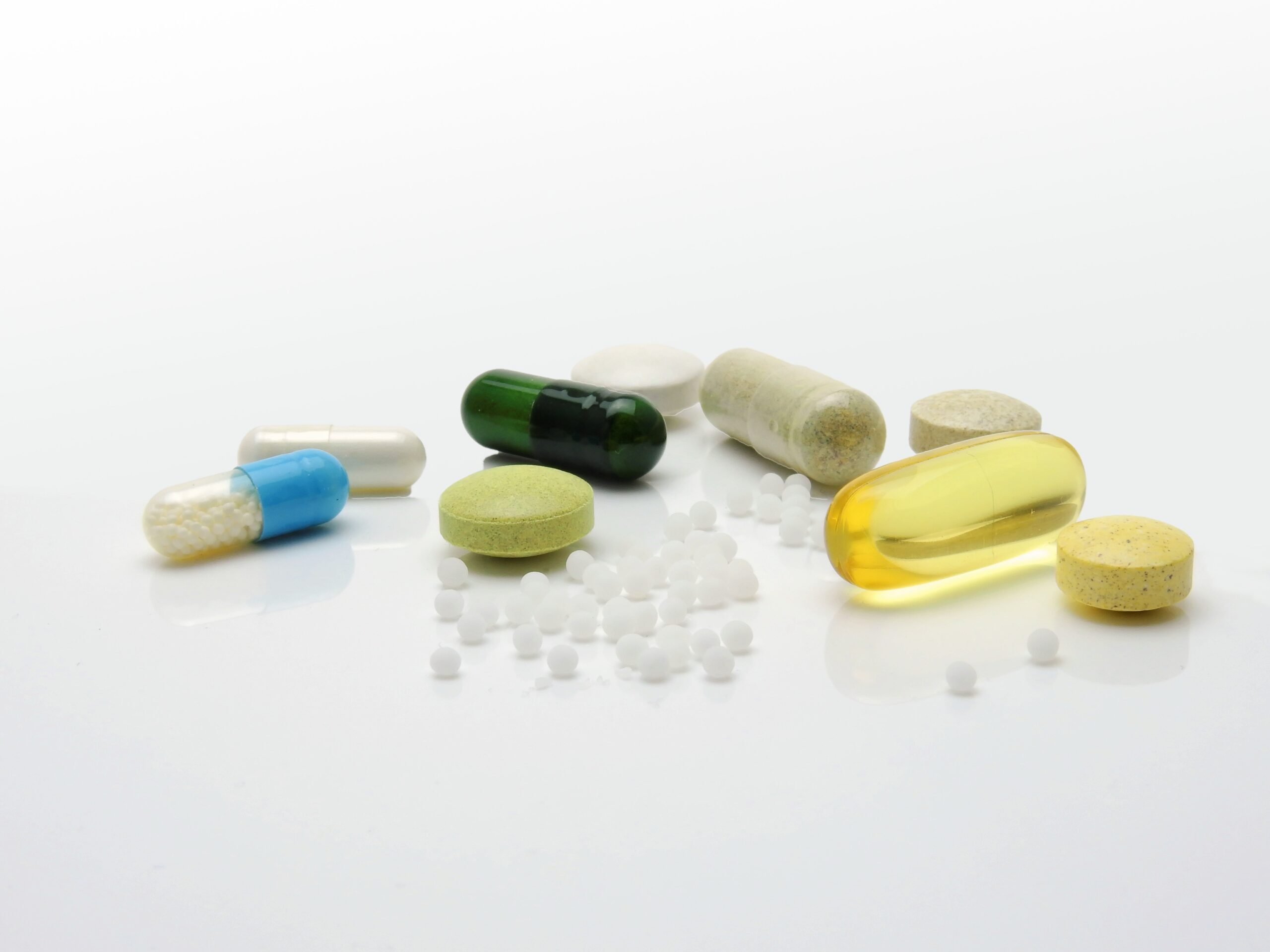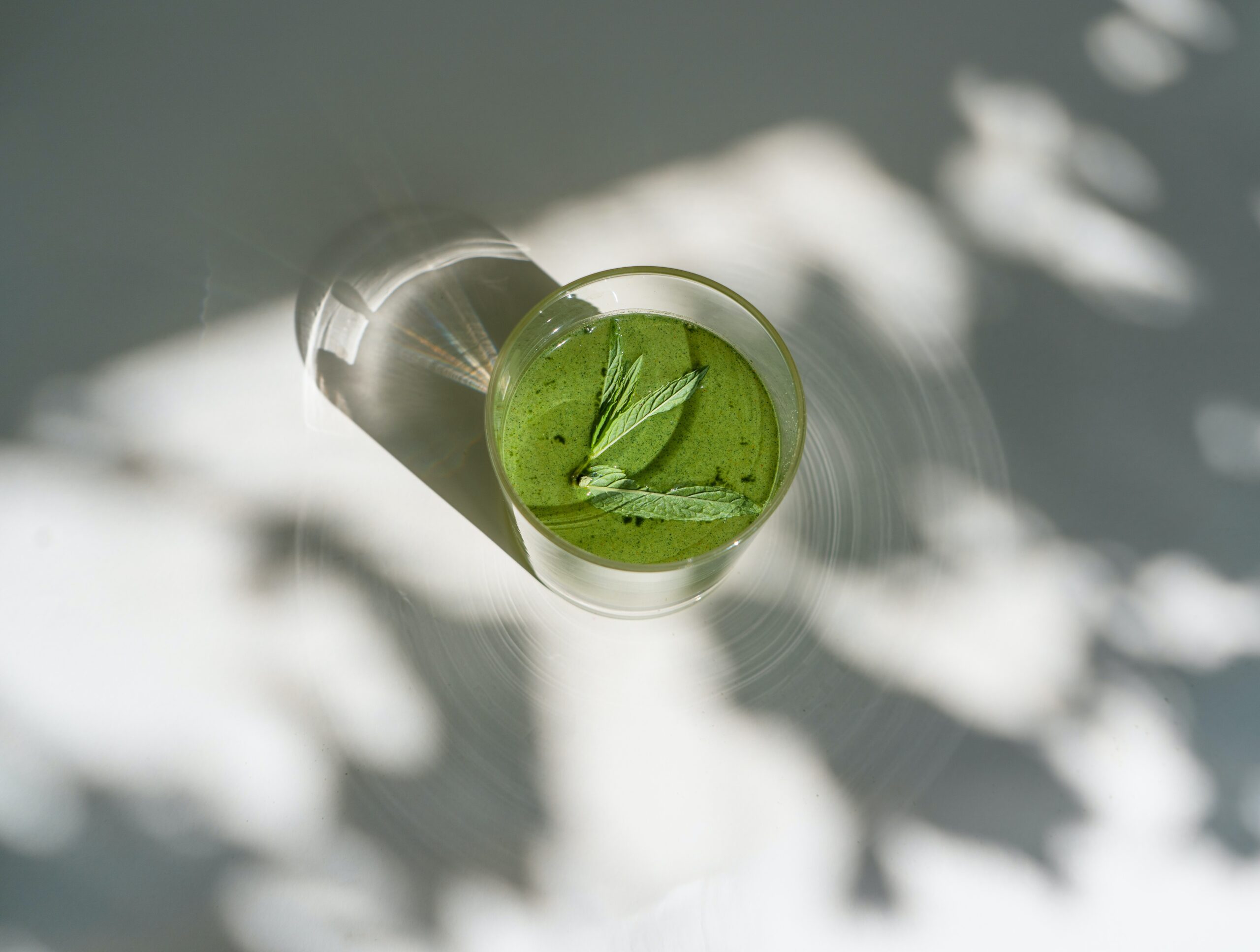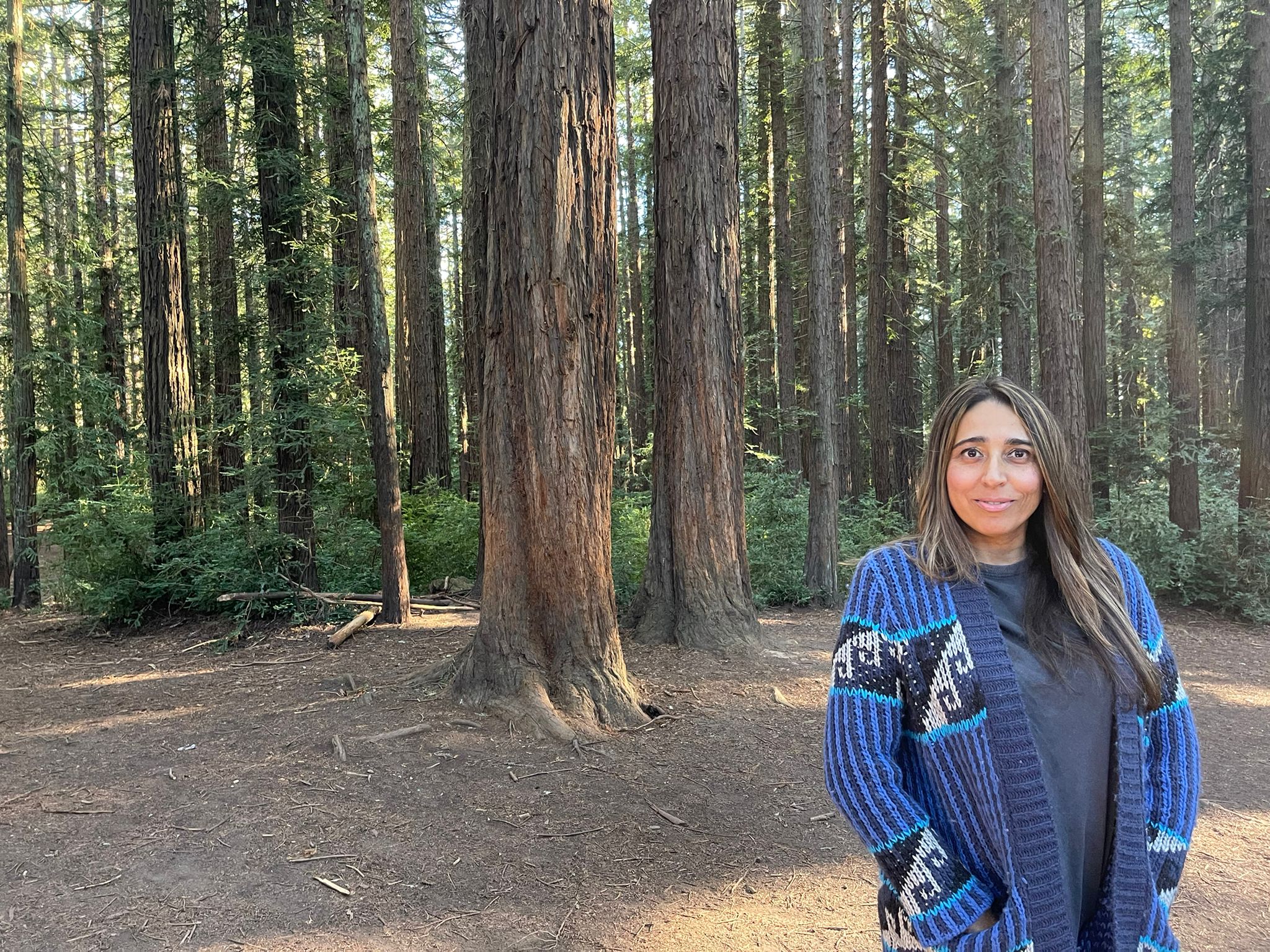Dr. Philip Ovadia joins us on the Blossom Your Awesome Podcast for Episode #210.
Dr. Ovadia is known as America’s Top Heart Surgeon. He’s performed more than 3000 heart surgeries. He is the founder of Ovadia Heart Health
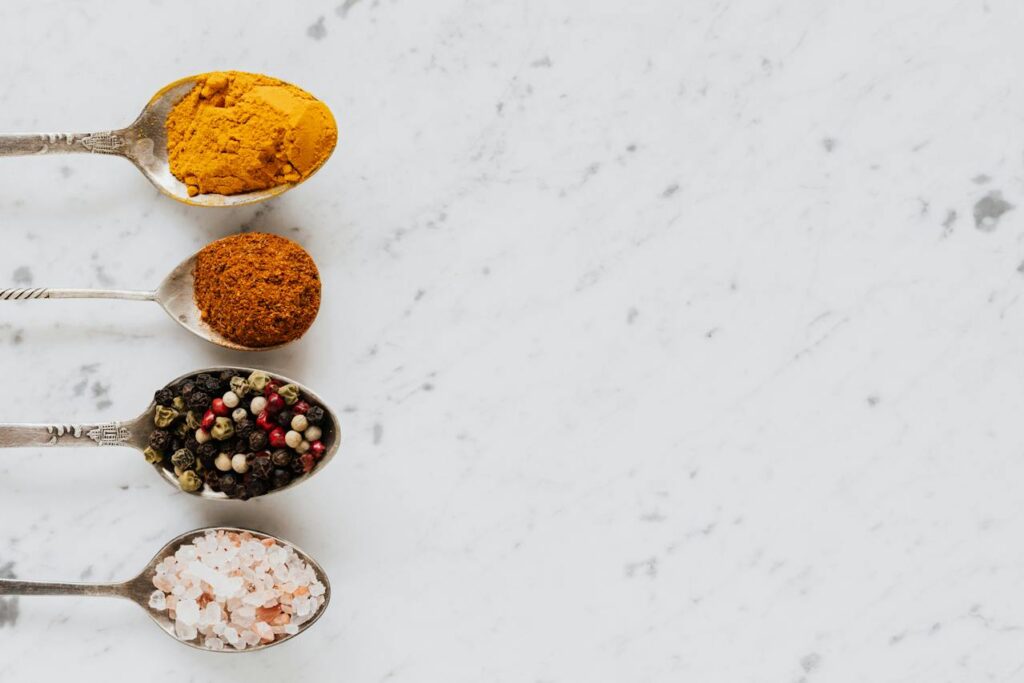
And the author of Stay Off My Operating Table.
To learn more about Dr. Ovadia check him out here.
On Episode #210 of the Podcast I’m talking to Dr. Ovadia about Heart Health. He shares powerful insights to the healthy heart and demystifies several things for us.
He offers clear guidance to ensure we stay off his operating table.
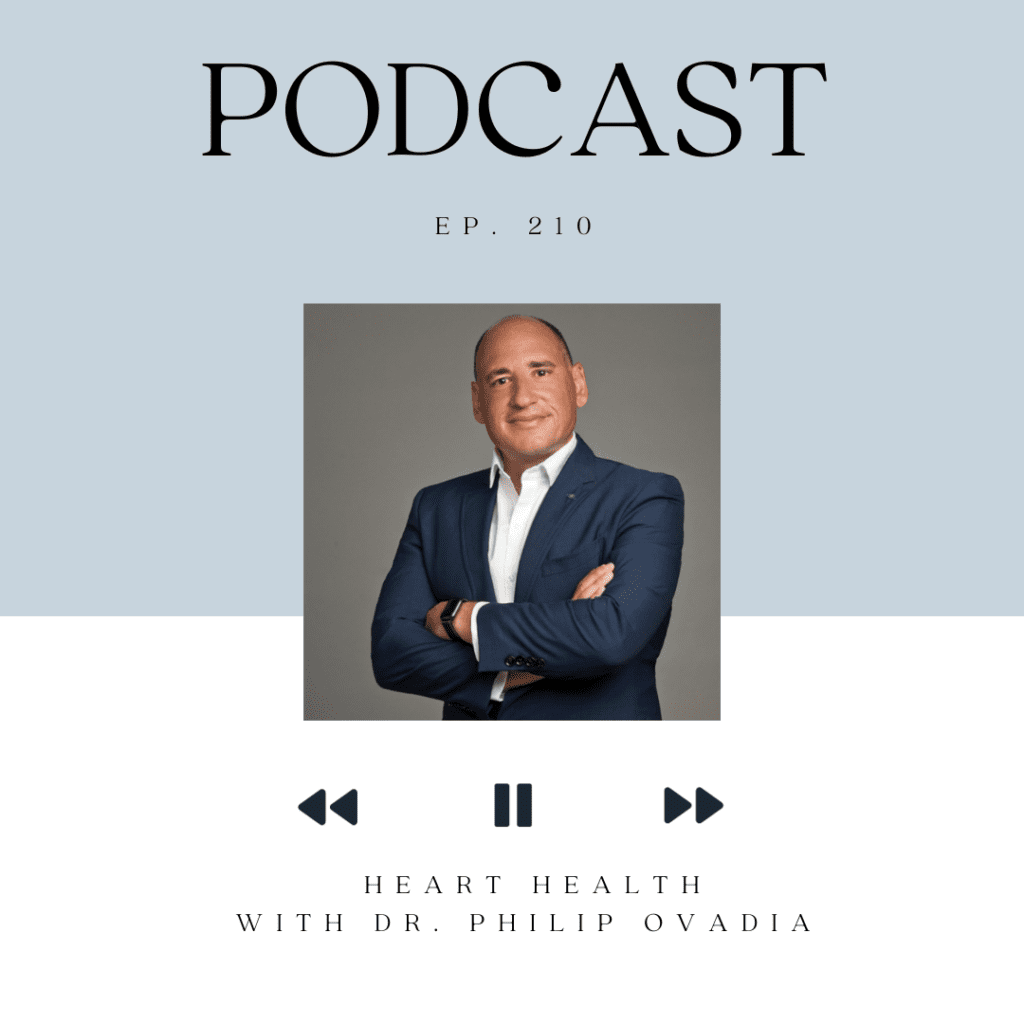
Listen in to it here –
Sue Dhillon
Hi there today on the show. We have got dr. Philip Ovedia here with us I am so honored and delighted to have you here. Welcome to the show
Dr. Ovadia
Oh, it’s great to be here with you, Sue.
Sue Dhillon
Oh, I am so excited to get into this with you and get people some practical guidance, advice, and your expertise and insight. So you are a board certified cardiac surgeon. You are the author of Stay Off My Operating Table. And you are the founder of OVEDIA Heart Health. Give us the backstory here, like why a heart surgeon?
Dr. Ovadia
Yeah, sure thing. So, you know, I’ve been a heart surgeon now for 20 years, and I always knew I wanted to be a surgeon, actually. When you ask my parents from a very young age, what, you know, when people would ask me what I wanted to do, I would say I wanted to be a surgeon. And I’m not even sure I even knew what that was, but as I went through my education, I knew I wanted to go into medicine and I knew I wanted to go into surgery, and all my experiences just reinforced that. So I ultimately settled on the specialty of heart surgery because it really is the most interesting combination, I will say, of… the physiology, the working of the heart, and the technical challenges of doing surgery on the heart that really grabbed my attention. So that’s why I’m a heart surgeon. And then that story has morphed into why I am now a heart surgeon that wants to teach you how not to need heart surgery. And this is really where my personal story intersects with my professional journey, because I, as it turns out, was a very unhealthy heart surgeon. And I had reached the point that I was morbidly obese, I was pre-diabetic, and I realized that I was going to end up on my own operating table, so to speak. I was following the path that so many of my patients had followed. And like so many of them, You know, I was following the advice that I had learned, the advice that I was told to give my patients, you know, and we’ve all heard it, eat less, move more, eat a low fat diet, the food pyramid, all of it. And yet it wasn’t working for me. And more and more I saw it wasn’t working for my patients. So I started asking some different questions and came across some different information. Ultimately,
Dr. Ovadia
I was able to lose over a hundred pounds. I was able to reverse my pre-diabetes. And along the way, what I’ve discovered is that our approach to heart disease is wrong. And we are not helping people to avoid the need for heart surgery. And heart disease is a largely preventable illness. Most of the chronic disease that we face, in our society today is reversible and is preventable once you focus on the right issues and the right root causes of those problems. So that is my new journey. I still work as a heart surgeon, but more and more I am on a mission to keep people off of my operating table.
Sue Dhillon
Wow, I just love this story, Dr. Ovedia, because, you know, like you say, there’s so much, you know, as patients and people on the other side, the information we get is limited. And we’re relying on experts like yourself to give us, you know, the info that we need to stay off of the operating table. So first question for you is, what was that? insight you have for us that we’re not being told. Like if there were just one thing, what is that?
Dr. OvadiaYeah, so the one thing I would tell you is that the primary determinant of your health is the food that you were eating. And the way to address the problems that we are all suffering from when it comes to our health these days is not through medications, is not through surgery. It’s to change the food that you were eating.
Sue Dhillon
Hey, I just love this. So, and so many questions here, but can you just list off a few of the top heart healthy foods? Like what are some of the best things that we should be eating for a healthy heart?
Dr. Ovadia
Yeah, sure thing. So, you know, my rule when it comes to eating for a healthy heart is to eat real food, eat whole real food. And that starts with the things that grow in the ground and the things that eat the things that grow in the ground. And this is one of the very important things that I want people to understand. Red meat is not. what is causing our problems with our health and with our heart. And I actually advocate for people to base their diets around animal proteins, around eating red meat. It is not the red meat that is unhealthy for you. It is not the saturated fat that’s in that red meat that we’ve all been told we need to avoid. What is causing our health problems is processed food first and foremost. and these are the things that come in boxes and bags and have long lists of ingredients, most of which we don’t even know what they are. They contain large amounts of highly processed carbohydrates as well as vegetable and seed oils. And these are the things we need to eliminate from our diet to improve our health and the things that we need to get back to eating. are the things that our grandparents, our great grandparents, ate in abundance. And these are meat and vegetables, plant products, simple, whole, real food, that you can look at that and you know what you’re eating. And that is going to be the best thing that we can do to improve our health.
Sue Dhillon
Wow. And so this is literally a game changer. It’s like the difference between staying off the operating table, right? Literally.
Dr. Ovadia
Yes, yeah, it really is. You know, when we look at the statistics around heart disease and heart health, there are a couple of things that, you know, stand out. The first thing that should stand out to anyone that’s paying attention is that heart disease was basically undescribed. It was a very rare illness prior to the early 1900s. Um, and you know, we oftentimes hear that, Oh, you know, heart disease comes from your genetics. Um, well, human genetics don’t change in a hundred years. Um, what changes is our environment and specifically what has changed is the food in our environment. Um, and so, you know, when we look at what causes heart disease, and again, this is something that we have been misled on. And you know, I don’t want that to sound like some grand conspiracy theory, some, you know, intentional thing where doctors and the healthcare industry are all, you know, working against us to keep us sick. We can talk about why it happened, but the bottom line is that we have become misdirected. And all we hear, all we have heard about our entire lives is that if you want to prevent heart disease, you need to lower cholesterol. And if you want to lower your cholesterol, you need to stop eating things like red meat and eggs, and, you know, cheese and dairy products. And you need to take, you know, in most situations, medication to lower your cholesterol. And since we have been following that advice, which is basically, you know, the dietary guidelines to minimize saturated fat and minimize fat in general in the diet, first came out around 1980. Medications to lower cholesterol came out in late 1980s and became especially prominent throughout the 1990s. And since we’ve been doing that, our health has gotten worse.
Dr. Ovadia
And so we need to look at this and say, why is that? We need to step back and start asking some different questions.
Sue Dhillon (09:47.954)
I love that. I know there’s a fine line you walk here as an MD, right? And the type of training you receive and with nutrition being so limited in that and part of why so many doctors aren’t sharing the importance of nutrition, right? And it’s kind of always like, okay, you have this condition. Well, here’s this thing. and a lot of people are kind of just blindly following, right? Okay, well, this can lead, I have high cholesterol, so let me take this, which is kind of a band-aid, but essentially causes other issues. So I love that you’re speaking out about this. What are your thoughts on your early training and not being given this other kind of information? to share with your patients about nutrition and stuff.
Dr. Ovadia
Yeah, you know, as I said, you know, I don’t think this is some grand conspiracy theory. You know, when we look at the health care system, when we look at our educational system, the education I got during medical school is so focused on how to take care of sick people that we literally don’t have time to think about how to keep people from getting sick in the first place. And this is only worsened. You know, in my 20 year career as a heart surgeon, what I have observed is that the average age of the patients that I am operating on has gotten lower and lower. And you know, when I started my career 20 years ago, it was mostly 70 and 80 year olds that I would be operating on, some 60 year olds, and the 50 year olds were quite unusual. Today, I routinely operate on 50 year olds, and it is not uncommon that I am operating on 40 and even 30 year olds. So we have clearly seen a dramatic shift. Now we have gotten better at keeping people alive longer with heart disease. We have, you know, lots of interventions that we can do to keep people alive. but we’re not curing their heart disease and we’re certainly not doing a good job of preventing the heart disease from occurring in the first place. And what I see on a day-to-day basis, when I’m in the hospital, is just, the medical system is overwhelmed taking care of sick people. So most doctors don’t even have the time to think about why so many people are getting sick in the first place and what we can do about it. And if we are going to change the very bad path that we’re on. I’m sure many people in your audience will have seen the statistics about, just the cost of healthcare in the US. The shortage of doctors and nurses and other healthcare workers throughout the US. We’ve seen all of these things happen. And again,
Dr. Ovadia
The way to change our path is to start asking, why are there so many sick people in the first place? And what can we do to keep people from getting sick and to reverse their illness instead of just managing it?
Sue Dhillon
Okay, and now Dr. Ovedia, so correct me if I’m wrong, but I believe that heart disease is still the number one killer, one of the like top two or three, right?
Dr. Ovadia
Yeah, it’s still number one by a wide margin. And it’s been that way for the past 70 years. Heart disease kills over 600,000 people here in the United States annually. It is also the number one killer worldwide. And again, we have been focused on heart disease. We declared war on heart disease in the 1950s here in the United States. And quite frankly, we are losing that battle. And as I said, we need to start asking why that is. If we put all these resources into it and we have all the leading minds in medicine and science working on this problem, why haven’t we been able to solve the problem? And I believe that reason is because we headed down a wrong pathway. We didn’t know it was the wrong pathway at the time. But we started heading down the wrong pathway, and we have now become so ingrained in the ideas about what is causing heart disease and how we should be treating it, focused on cholesterol instead of things like insulin resistance and metabolic health. And we are now, the system is too bought into that hypothesis. And that’s what it was, what it is. It is a hypothesis that the saturated fat and the cholesterol that we eat increases aeroblood cholesterol, and that is what leads to heart disease. And as I said, that’s been the prevailing hypothesis around heart disease for the past 70 years. That’s what we focused all our efforts on, and we are not seeing the results that we need to see when it comes to heart disease. So we need to start thinking differently and acting differently around how to treat and prevent heart disease.
Sue Dhillon
Okay, and now touching on something you just mentioned here, because I find a lot of times, you know, people are given a certain diagnosis and many times it’s reversible. So heart disease is a condition that can be reversed. You can turn it around.
Dr. Ovadia
Yeah, so heart disease, we can certainly stop the progression of it. And that should be our first goal. If you’ve already been diagnosed with heart disease, we can prevent it from occurring in the first place. If we pay attention to the early indicators that people are headed down the pathway of heart disease and they’re at risk for heart disease. And I have now worked with patients. who have seen some reversal of their heart disease. It is possible, but we need to focus on the right things to make that happen. And we haven’t been focusing on the right things. So, you know, when you ask most physicians who deal with heart disease, whether heart disease is reversible, they’re going to tell you no, because quite frankly, they’ve never seen it. And so they don’t even realize that it’s possible. Uh, but you know, I’ve worked with people and, and I don’t want this to come off sounding like I’m some miracle worker. Um, I just started paying attention to the right things with my patients. I started paying attention to what is at the true root cause of heart disease. And that has had good results. And, uh, you know, my patients have been. Stopping the progression and in some cases, even seeing some reversal of their heart disease.
Sue Dhillon
Okay, and so what is that the root cause other than nutrition? That’s one of the things, right? But are there, what are some of those early indicators that people should be looking out for?
Dr. Ovadia
Yeah, so the number one thing that people should be looking out for that they’re not, that their doctors are not informing them about and not doing the proper evaluation, is what we call metabolic health. And basically all that means is that your body is able to properly utilize the inputs that you are giving it, which is primarily the food that we are eating. So when we pay attention to our metabolic health, and we know how to assess that, how to see the early signs that our metabolic health is not optimal. That is the first step in the process that ultimately leads to heart disease. Sue Dhillon (18:26.702)
Okay, and then alcohol. philip_ovadia_ifixhearts_com-9ogju7a (18:32.056)
So alcohol can certainly be a contributor to damaging your metabolic health. And alcohol has a whole host of negative effects within the body that we should be paying attention to. It’s not necessarily, you know, the first thing on my list that I address with people, but it certainly is on the list of things to be looking at.
Sue Dhillon
So, you know, we’ve all heard this, so a glass of wine, you know, can be good for the heart. Is that so?
Dr. Ovadia
Right. Well, you know, it depends the context that you’re looking at. So, you know, red wine in particular contains substances called antioxidants. And these can help mitigate, can help undo, or, you know, some of the damage that comes from the foods that we’re eating. And so you can look at this in one of two ways. If you eliminate the things from your diet that are causing oxidation in the first place. And just so people understand what oxidation is, the most common place we see oxidation in our day-to-day life is rust. Rust is what happens when metal gets oxidized. And many of the substances within our body can become oxidized and damaged, similar to the way that rust shows up. And so drinking red wine and eating other plants that are purported to contain antioxidants can help mitigate some of that damage. But I’d much rather not do the oxidation in the first place, not do the damage in the first place, and then you don’t need the antioxidants. So if you’re eating whole real food, if you’ve eliminate processed food from your diet, then red wine is not going to be beneficial to you. It may not be harmful in small quantities either, but it’s not going to be of any benefit to you. And if you’re still eating the processed food, the little bit of antioxidants that you get from red wine are not gonna be terribly effective either.
Sue Dhillon
And now sugar That’s a processed so that’s obviously just can’t be good for your heart philip_ovadia_ifixhearts_com-9ogju7a (21:03.328)
Yeah.
Dr. Ovadia
Yeah, exactly. Sugar is one of the biggest components of our diet that is causing damage and understand that all carbohydrates that we eat ultimately turn into sugar in our bodies. So people may not realize the amount of sugar that they’re truly eating. Sugar gets hidden in
But if you’re eating carbohydrates in general, breads, pastas, things like that, and you are not metabolically healthy, which the vast majority of us are not, your body is not going to be able to properly process those carbohydrates. And that is gonna end up being excess sugar in your bloodstream, which ultimately damages your blood vessels. And that is what causes heart disease. So sugar is a big thing that we need to minimize within our diets. And the more metabolically damaged you are, the more that you need to eliminate carbohydrates and sugar from your diet, if you want to reverse that.
Sue Dhillon
And now, can you tell us for those who don’t know, just clarify in very simple terms, what is optimal metabolic health? What does that look like? What does that entail?
Dr. Ovadia
Yeah, so there are five basic measures that I look at. If you go to my website, ifixhearts.com, right on the front page, there’s a free quiz that you can take to help you figure out if you’re metabolically healthy. And we’re gonna look at five basic measurements. The first one you can do at home, it’s your waist circumference. So you just take a tape measure, you measure above the level of your belly button, do it first thing in the morning. The next measurement you can also check at home or you know any grocery store any pharmacy these days You can get it checked and every time you go to the doctor just about you’re gonna get it checked Your blood pressure is another indicator of your metabolic health And if you’ve been diagnosed with high blood pressure like so many of us have that is an indicator that you are not Metabolically healthy that is something to pay attention to it’s not something just to take medication and kind of cover up the symptoms, you should be asking your doctor, why do I have high blood pressure and what can I do to get rid of it? Because high blood pressure is reversible in many, many cases. And then there’s some basic blood work that’s gonna go into figuring out if you’re metabolically healthy. You’re gonna wanna know your fasting blood glucose level, so the amount of sugar that’s in your blood when you haven’t eaten for about eight to 12 hours.
Sue Dhillon
Mm-hmm.
Dr. Ovadia
You’re gonna wanna know your HDL cholesterol level, the so-called good cholesterol. Not a fan of that nickname, but that’s why most doctors will refer to it. So you’re gonna wanna ask about your good cholesterol level. And then you’re gonna wanna know your triglycerides. And that’s another number that’s gonna come from your lipid panel or your cholesterol panel. And that is another important number to be paying attention to. So you can take those five numbers, you can go plug them into my quiz on the website, and you can figure out if you’re metabolically healthy or not. Now realize that the latest statistics we have on this showed that 88%, in other words, almost nine out of 10 adults in the United States were not in optimal metabolic health and could not meet all five of those measures of optimal metabolic health. That is the magnitude of the problem that we’re dealing with. This is why we see metabolic related diseases like diabetes, heart disease, Alzheimer’s disease, many forms of cancer, why these are so prevalent, why they seem to be all around us. It’s because almost all of us are metabolically unhealthy, and those are the diseases that from being metabolically unhealthy.
Sue Dhillon
Wow, this is all so fascinating. And so now I know there’s these nutrition, metabolic health, exercise, and, you know, stress. I feel like people say, oh, okay, well, I have a great diet. I exercise. I’m good. But how much of a contributing factor is stress to poor heart health?
Dr. Ovadia
Yeah, so stress is certainly another contributor to poor heart health. And, you know, there are a number of things to consider around stress and heart health. Stress in and of itself can cause, can be a contributor to you being metabolically unhealthy. The other thing is when you are
is not able to deal with stress as well. So, you know, it becomes a double-edged sword. And what I tell people is, you know, we can’t eliminate stress from our daily lives. You know, stress truly has become a part of our daily lives. It’s all around us. The phones that we are all carrying and the screens we are all staring at cause stress. You know. Being out in the world causes stress. You know, we can’t all go live on the tropical island and just not deal with anything. But what you have to do is figure out how to mitigate your stress, how to handle your stress. And so these can be, you know, things like meditation or simple relaxation techniques. This can be something like spending good quality time with your family, with your friends, and with your community. We just need to figure out those ways that the stress isn’t constantly building in us, isn’t causing us to make poor choices when it comes to things like what foods we’re eating and are we drinking more or smoking or other things that are going to damage our metabolic health. So stress is very important. It’s one of the pillars that I talk about when it comes to good metabolic health.
Sue Dhillon
And now Dr. Ovedia talk to us. So I saw something, I don’t remember where I saw it, but it was in like a nutritional documentary type of deal where, and I know, you know, the American Heart Association, it seems like when this whole thing started decades ago, they went in with their, you know, heart in the right place, let’s say, and they wanted, you know, the intentions were well-meaning. But like, for example, I mean, a box of Cheerios, it’s got like the little American Heart Association logo on there, but I know we all know Cheerios aren’t that great for us. So can you just clear the area, clarify this for us and help us understand this?
Dr. Ovadia
Yeah, like I said, you know, the problem with the American Heart Association is they have become heavily invested in cholesterol being at the root cause of heart disease. And all of that, that goes along with it. And those reflect in the dietary choices that they support, putting their stamp of endorsement on things like Cheerios or even more concerning things like canola oil and vegetable oil, because those do lower cholesterol levels. But it’s not clear that that is a good thing. And in many situations, it’s clearly not a good thing. And like I said, we have been focused on lowering cholesterol levels since the 1970s. And we are not seeing the dramatic effects on heart disease that that was supposed to have. You know, if cholesterol truly was the root cause of heart disease, and we’ve now had all the dietary changes and all the medications to lower people’s cholesterol, we should have seen a dramatic response in the incidence of heart disease, and we simply haven’t. And unfortunately, the American Heart Association looks at that and says, well, we’re just not lowering cholesterol enough. More people need to be on these medications. We need even more powerful medications to lower cholesterol even lower. And, you know, it just, honestly at this point, it’s a nonsensical argument that, you know, if we just drove everyone’s cholesterol level down to zero, we would eliminate heart disease. And I guess that may in some way be true because, you know, cholesterol is an essential substance in our body. It has so many other roles in our body besides ending up in the plaques in our heart. It’s part of our infection system, infection fighting system. It is the precursor for many of our hormones. So cholesterol is essential to life. And when you start lowering cholesterol to dramatically low levels, you start to see other problems that come up. And the statistics simply show
that people whose cholesterol levels are lower than the average don’t live longer. And in fact, they may live shorter. So this is a big concern. And like I said, I think the American Heart Association has just become too heavily invested in this cholesterol hypothesis to see their way out of it. Interestingly, they have… quietly removed from their guidelines, limitations on dietary saturated fat. And for many, many years, the dietary guidelines from the American Heart Association talked about limits on saturated fat. And they’ve realized that the science just doesn’t support that. And so they have actually removed limitations on saturated fat from their dietary guidelines. They just didn’t tell anyone, they didn’t publicize that. And they’re certainly not going out and endorsing the consumption of red meat yet, but maybe one day we’ll get them there.
Sue Dhillon
Oh my goodness, so much work to be done, huh? You’ve got a little bit of an uphill battle.
Dr. Ovadia
Oh yeah, certainly.
Sue Dhillon
Now, let me ask you, so it sounds like, even though it seems like this information is getting out there more, right? You have a lot of doctors, surgeons like yourself talking about optimal heart health and getting the info out there. You’re writing about it, you’re sharing everywhere and people are having this conversation, but you’re saying the numbers are really not showing any sort of. People are still having heart attacks at essentially the same rate or is it actually going up?
Dr. Ovadia
Yeah, the statistics show that someone in the United States has a heart attack every 40 seconds today. So still pretty alarming. We did see a small decrease in the number of deaths from heart disease from about 1980 or really about 1980 to 2000. It started to go down. And that was largely because of the progress we made against smoking. which is another major risk factor for heart disease. But since 2000, the incidence, the number of deaths has actually leveled off and it’s actually been on the rise again for the past 10 years or so. So again, we’re really not making any meaningful progress in the battle against heart disease.
Sue Dhillon
Hmm. It’s almost like even though the information’s getting out there and someone may be, they’re not getting all the info, right? They might say, hey, I’ve got a plant-based diet, but they’re still doing other things that are harmful.
Dr. Ovadia
Well, yes, and exactly. And just the whole messaging around the plant-based diet is contributing to this because a plant-based diet, in many cases, is based around processed food. We see all this fake meat that’s so prominent in plant-based diets. We see a lot of vegetable and seed oils being consumed on plant-based diets. And so again, it’s going at the problem from the wrong approach and it’s really, certainly not helping and it may even be making it worse. We need to acknowledge that animal protein has been an essential part of our diet for our entire existence as human beings. It is the food that we evolved on. And so to think that a healthy diet, is going to exclude the very foods that allowed us to become human beings in the first place. Again, I think is very misguided. And yes, you know, I’m not the only physician who thinks this way. And yes, there is, you know, more and more information getting out along these lines, but it is still a very small minority. And it is not unusual at all that I am working with a patient, they see great results, they lose weight, they reverse their diabetes, they get off their high blood pressure medications, and they go back to their family doctor, and the doctor says, what have you been doing? This is great. And they tell them what they’re eating, and under my advice, and the family doctor says, oh no, you need to stop doing that, it’s going to kill you. So this is a situation that’s still occurs very commonly and is still very common. And as much as me and my colleagues are trying to get this information out there, that truly can be saving people’s lives and keeping them from getting sick in the first place, it is still a major uphill battle.
Sue Dhillon
And now, you know, for you personally, again, I know you walk a fine line here just because of how the system has been kind of set up. But it sounds like you and your colleagues are doing this. And I’m sure there’s other groups, you know, around the country and the world that are really wanting to prevent it in the first place. What’s keeping this information like? Is it the pharmaceutical industry? I mean, what is keeping this information from spreading and just getting out there to the masses in the way where we can see actual meaningful change?
Dr. Ovadia
The food and the pharmaceutical industries both have a massive amount of influence within the healthcare system. And within the, let’s say the governmental programs around all of this, when we look at the food guidelines and the committee that reevaluates the US dietary guidelines every five years. we see a major influence of the food and the pharmaceutical industries. And when we look at leadership within the healthcare system, the medical societies that are writing the guidelines that doctors are beholden to, again, we see a lot of influence from the pharmaceutical industry. So we can’t deny that fact. We need to acknowledge this. Again, do I think that this is some grand conspiracy, that there are a couple of people in the dark room like making all this happen? No, I don’t. It’s just the way that our institutions have evolved and our institutions have been captured. But again, we need to acknowledge that. We need to start asking, as individuals, each one of us needs to be asking. Who is in charge of my health? And the answer needs to be you. You need to be in charge of your health. You need to be evaluating this information, and you need to be figuring out if you were getting the results that you want when it comes to your health. And if you’re not getting the results that you want, you need to start seeking out better information and better guidance.
Sue Dhillon
Mm-hmm. And now, I want to ask you, Dr. Ovedia, about breath work. I see a lot of people kind of pushing this. And I don’t know, but I can imagine it’s good for your heart, right? Like some sort of breathing exercises or techniques have got to be beneficial in some way for the heart.
Dr. Ovadia
Yeah, I think we do see evidence that breathwork techniques can be useful. A lot of the benefits, again, come from sort of mitigating the damage that’s come from other things in our environment. It can be a great way to deal with stress, which we talked about earlier. So I am certainly a fan of breathwork. you know, mindfulness when it comes to your breathing, I think is very powerful. It’s again, probably not at the top of my list, you know, if you think you’re going to, you know, do breath work and still keep eating processed food and have a good result from that, I would probably tell you otherwise. But I think as an adjunct, to improving your nutrition and improving your sleep and getting more activity. Breath work can be another powerful tool in the tool belt about how we kind of deal with modern life.
Sue Dhillon
I love that. And now, you know, as a physician, what is like the best advice you can offer people? I mean, if you were just talking, if this was a friend or a family member, what is your advice to someone?
Dr. Ovadia
Yeah, so, you know, my number one piece of advice, like I said earlier, is you need to be in charge of your health. Don’t outsource your health to your doctor, to the government, you know, to the healthcare industry, the pharmaceutical industry. You need to be in charge of your health. And you need to be asking yourself, are you truly satisfied with your health results? Do you feel your best every day? And if the answer is no, if taking a bunch of medications is not optimal for you, is not how you want to live your life and optimize your life, then you need to start asking different questions, seeking out different information sources, and finding… the doctors, the healthcare practitioners, the practitioners of all sorts that can then support you in your journey.
Sue Dhillon
Oh, I love that. That is such great practical guidance. And now a couple of last questions. One, is there a myth around heart health or just an aging heart or something that we need to debunk or you can help us debunk here? So, I’m gonna go ahead and start with this one. So, I’m gonna start with this one.
Dr. Ovadia
Well, yeah, you know, I think we’ve already debunked a few of them. And again, I think the biggest myth that we have when it comes to our heart health is that cholesterol, especially dietary cholesterol, is the root cause, is the primary driver of heart disease. Because as long as we’re holding on to that myth, it is really going to keep us on the wrong pathway as to what we need to be doing to optimize our heart health.
Sue Dhillon
Wow, oh my God. Okay, so a couple of things here, Dr. Ovedia. First of all, you’ve been so amazing and so awesome and so insightful. And I’m going to be sure to have links to all of your stuff, to your website and all of that for people to access. They can take the quiz there, it sounds like, to figure out their metabolic health and things. And Yeah, so that’s the first thing, just wanting to thank you for your time and your insights and everything you’ve shared here today.
Dr. Ovadia
Oh, it was great to be here. I’m glad we can be getting this information to your audience. And like I said, I encourage everyone out there to take back control of their health and figure out if you’re optimally healthy or not. And if you’re not start asking the different questions and getting the information that you need to optimize your health.
Sue Dhillon
Okay, so I always at the end I ask for a closing message and it sounds like that might have been it, but if there’s any last few words, your words of hope or anything else you’d like to leave us with. Thank you.
Dr. Ovadia
Yeah, you know, the closing message is exactly that, that there is hope. You aren’t destined to spend the last half of your life sick, dependent on medications, you know, kind of trapped within the health care system like we have been led to believe. There is hope, and you can remain healthy and vibrant well into your later years. It’s never too late to make these changes. I have worked with 70 and 80 year olds who have made dramatic changes in their health, gotten off medications, reverse their chronic conditions and are now able to thrive, you know, well into their later years.
Sue Dhillon
Oh my god, I love it. Thank you so much. You’ve been so awesome. It’s been such an honor having you here.
Dr. Ovadia
Thank you, Sue.
Sue Dhillon
Thank you.
Check out this other post on optimal health and wellness here.













